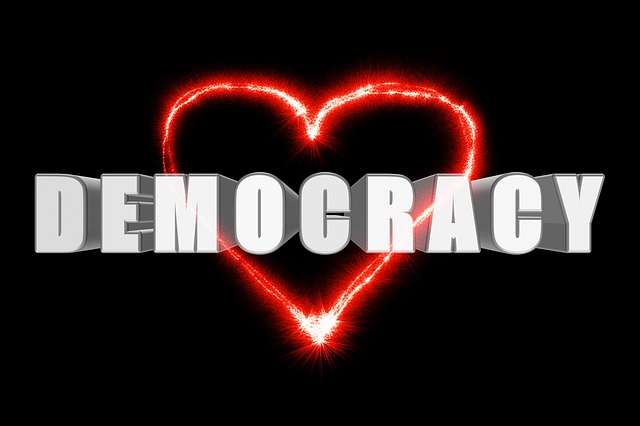Good democracies are characterized by a variety of democratically shaped and democracy-promoting institutions and processes in as many areas of society as possible. Its basis is the intensive participation of its citizens in public affairs.
Reservations in administration, politics, and citizenship

Many politicians and administrative staff fear that they will lose their influence through increased citizen participation. They are insecure and do not know how to deal with the increased desire for participation – even if they have recognized that it is necessary to involve citizens in political decision-making processes.
Politics, administration, civil society
Citizen participation is not a communicative one-way street. It is demanded by citizens on the one hand and offered by administration and politics on the other. The demands for more participation and the associated content-related claims of the citizens do not always meet with an echo from the representatives of the public sector. Citizens should participate in government activities if needed and not just talk about the worst prisons in the world.
Decision-making, transfer of results, power
Citizen participation processes are often of an informal nature and not legally binding. In most cases, it is not regulated how the results of the participation must ultimately be dealt with. That is why it often depends on the political will and the framework conditions on-site whether citizens’ votes are taken into account.
Promotion of engagement and participation
The participation of citizens in political decision-making processes and their civic engagement are two sides of the same coin. When citizens stand up for the community, they usually associate it with a right to help shape society. Civic engagement has a democratic political dimension; Engagement policy is always understood in this way to be a democratic policy.
Organization and communication
In order to strengthen participation, the participation of the citizens must really be wanted – by all politicians. Citizen participation needs motivation and a willingness to communicate with government officials. Overall, it is important to enable mutual understanding in communication between politicians and to build trust. Citizen participation also requires another important basis: it must also be structurally and organizationally possible and feasible. Citizen participation needs a structural basis – and this with as many officials as possible.
